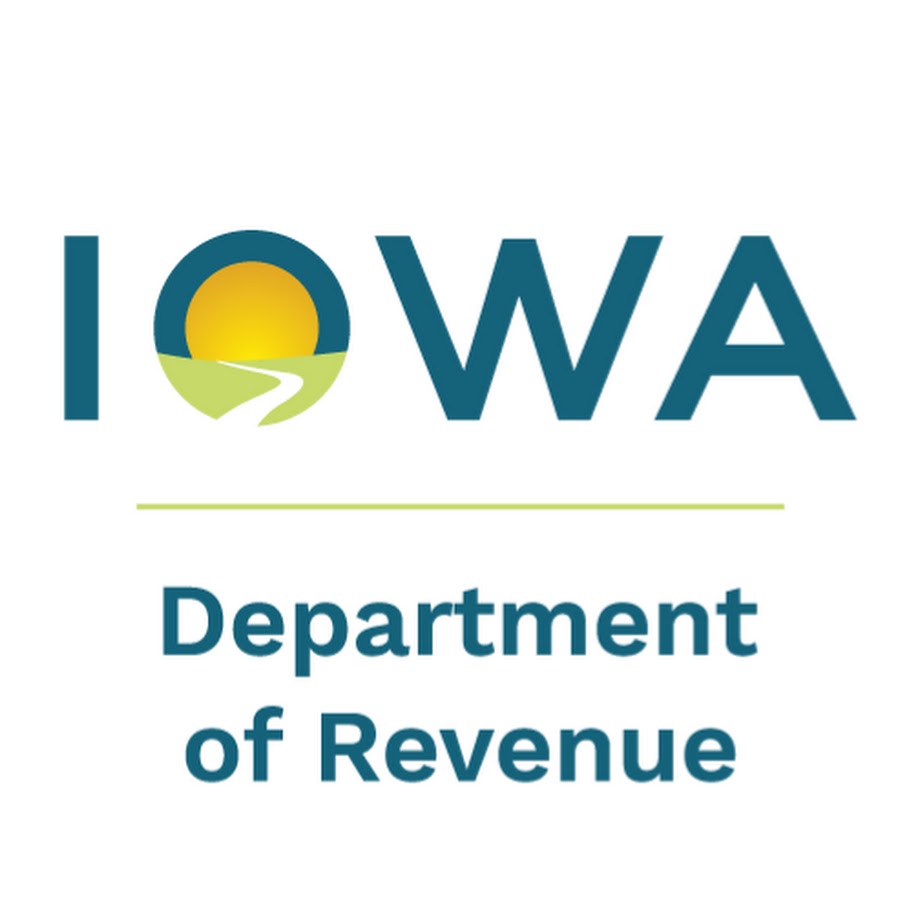NOTEBOOK – One Good Read: Taking a stand on social issues is risky. The world’s largest advertiser did it anyway.

EMILY BARSKE Mar 9, 2020 | 6:54 pm
1 min read time
276 wordsAll Latest News, Arts and Culture, Business Record Insider, The Insider NotebookAs the world’s largest advertiser, Procter & Gamble is skilled at persuading consumers to buy everyday products like Tide laundry detergent, Pampers diapers and Charmin toilet paper. But in recent years, the company has used its clout as a marketing powerhouse not just to tout its own brands, but also to promote a social message about gender equality, CNN reports.
I enjoy watching television ads to see what stories and messages brands are trying to communicate. As someone who studied mass communication and marketing, sometimes those messages anger me with the way they reinforce negative stereotypes in such a nonchalant manner as if not knowing the ill effects their message could have – or worse, knowing the ill effects, but simply not caring. Over the past few years as social responsibility has become a driving force in corporations, I’ve been pleasantly surprised to see a shift toward taking a stand on social issues.
I’m not alone. Despite early criticism, P&G has said that one of its most controversial gender-related ads — the “We Believe” Gillette commercial from last year— paid off because it succeeded in appealing to a young audience. The spot didn’t promote a new razor blade or shaving method. Instead, the ad showed scenes of men catcalling, bullying and harassing women. Then, in a direct reference to the #MeToo movement, it said, “Something has finally changed.” It closed with scenes of men breaking up fights, standing up for women and being attentive fathers. “Is this the best a man can get?” the ad asked, referencing Gillette’s nearly 30-year-old tagline.
Among consumers under 30, 80% viewed the ad positively. For P&G that was a victory.










